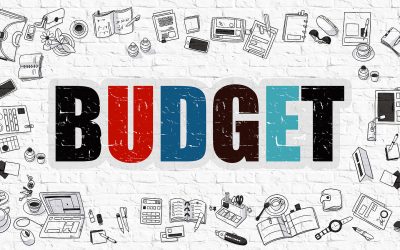Persons who develop residential property for purposes of selling it are often not able to immediately sell the property as intended. If they are unable to do so for extended periods of time, developers often resort to renting the property to tenants in the interim to cover some of the costs and related obligations, such as servicing loans. This decision has VAT consequences. This article describes the the VAT effect of temporary letting and provides an overview of a new provision introduced into the VAT Act to ease some of the resulting VAT burden on property developers.
VAT in the absence of relief
If a person develops residential property for purposes of selling it, the sale of the property will be a taxable supply. The developer is entitled to deduct input tax on costs incurred in respect of the development.
If the developer however lets the property to a tenant who uses it as a residential dwelling, this supply is exempt from VAT. Although this temporary letting does not necessarily change the purpose for which the developer holds the property, a change in use is likely to be triggered. In the absence of a specific VAT apportionment ruling, Binding General Ruling 16 prescribes that the standard method to determine the extent to which goods (such as the property for the developer) are used to make taxable supplies must be determined using a turnover-based apportionment method. While the developer lets the property as a dwelling, the only turnover that it generates is exempt rental income. If property that was acquired to make taxable supplies is subsequently applied wholly for another purpose (as a turnover-based apportionment ratio would suggest), this results in a change in use. The effect of the change in use is that the developer must account for output tax as if the property had been supplied at its market value, despite the fact that it has not yet been sold and the developer has not realised any cash from which to pay this VAT. This leaves the developer in a precarious position.
A further question is whether the ultimate sale of that property by the developer in the course of business attracts VAT and requires an input tax adjustment to reverse the effect of the earlier change in use.
From 2012 to 2017, section 18B provided developers a grace period of up to 3 years to temporarily let the property without this resulting in a change in use.
New relief provision
Section 18D was introduced to provide a new relief measure for residential property developers from 1 April 2022. The key features of section 18D are:
- When a developer temporarily applies residential property to make exempt supplies by letting it as a dwelling, that developer is deemed to make a taxable supply when entering into the agreement to let or hire the property. Unlike a normal change in use which triggers a deemed supply of the property at its market value, this supply is deemed to be made at the cost of the property. The relief afforded is therefore that the developer is only required to pay output tax that essentially reverses the input tax claimed on the property, rather than having to pay tax on the market value of the property that includes the margin from the development.
- The law explicitly prescribes the following implications if the property is subsequently sold or no longer temporarily let:
- If the property is sold while being temporarily let, the actual sales consideration is subject to VAT and the developer is entitled to deduct input tax on the cost of the property.
- If the developer no longer temporarily lets the property, it may claim input tax on the cost.
- If the property is subject to a change in use, which implies it is no longer temporarily let or applied to make taxable supplies, the developer can also claim input tax on the cost. This input tax is however accompanied by the normal output tax that results from the change in use.
As with most tax provisions, a number of aspects of section 18D require judgement. These include whether a person is a developer, whether the property is temporarily applied and whether the property may be subject to normal change in use.








